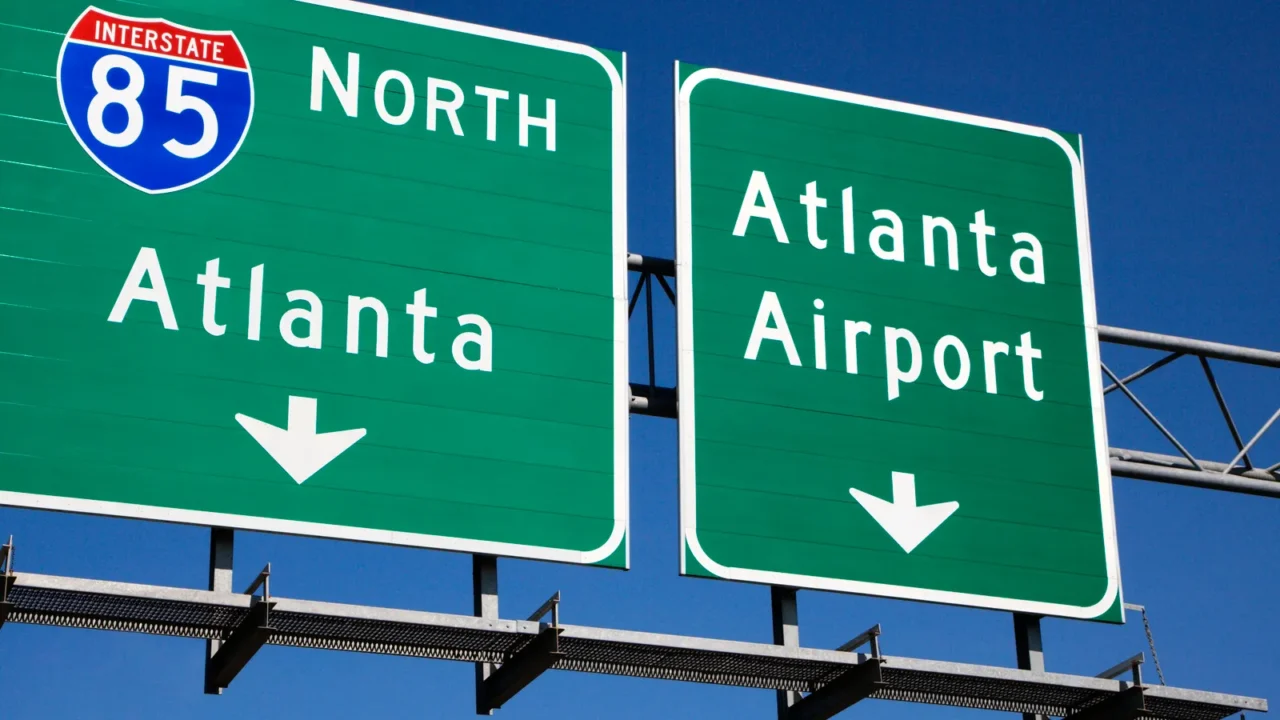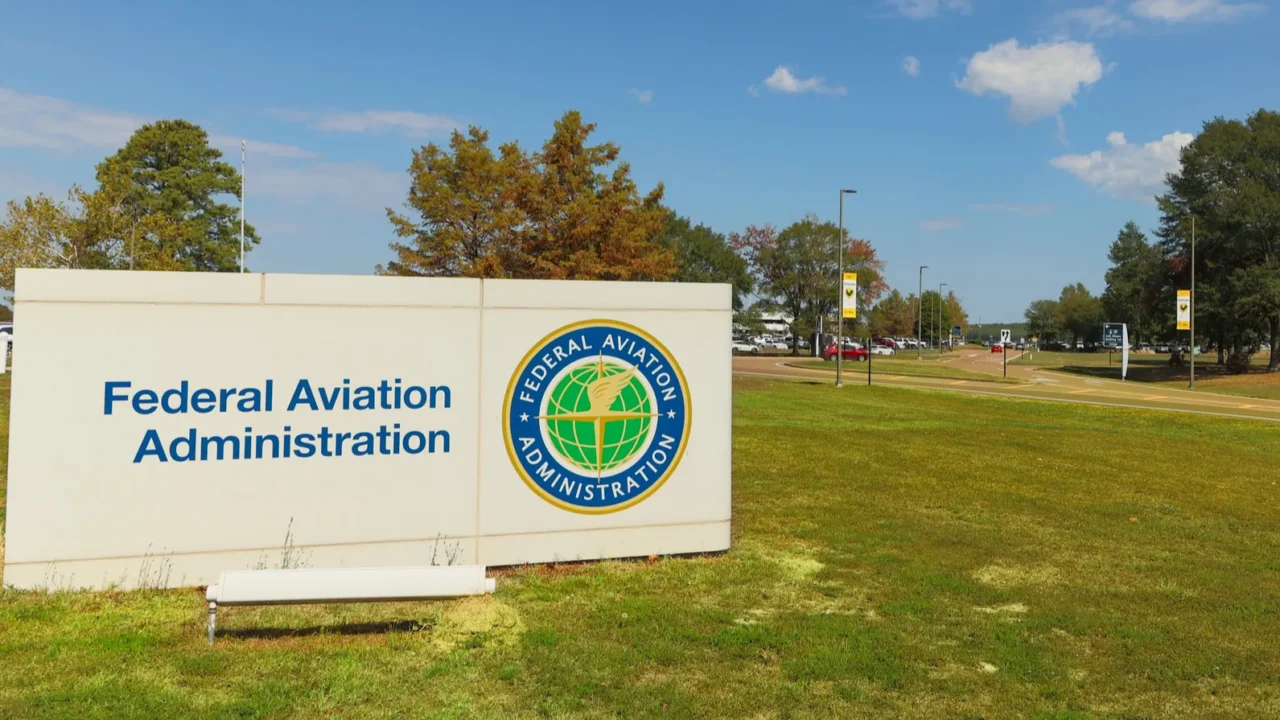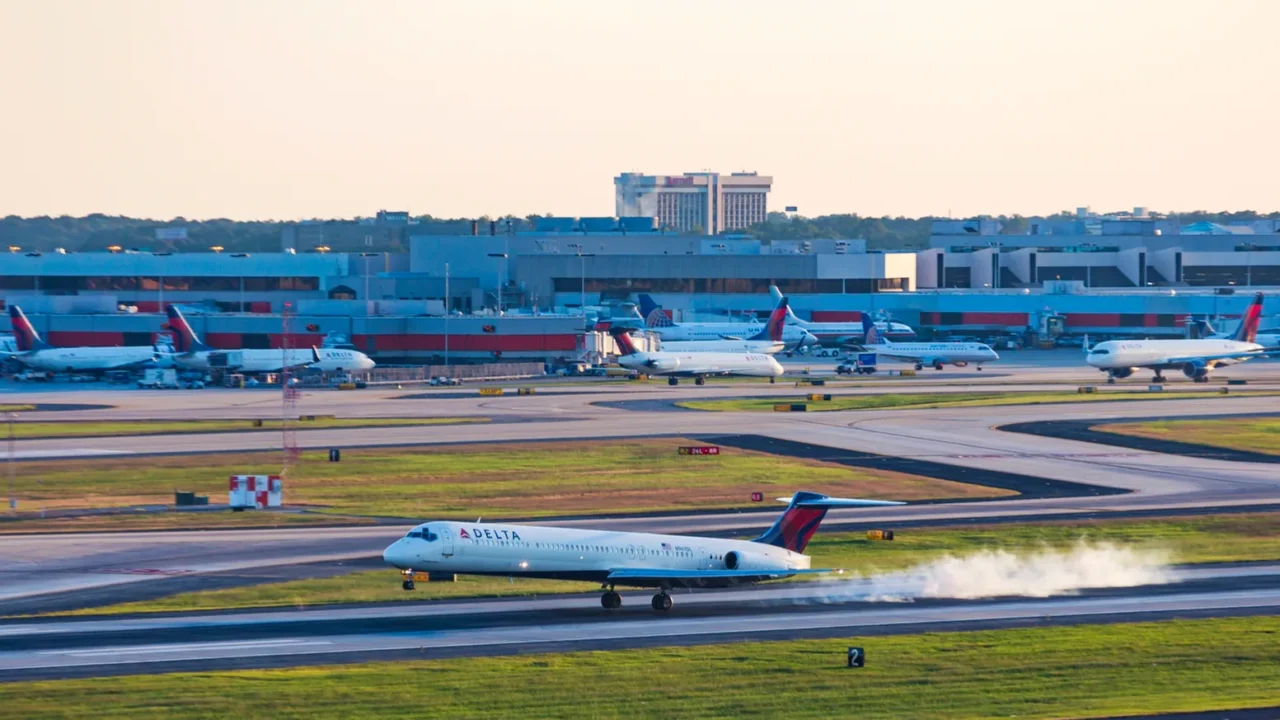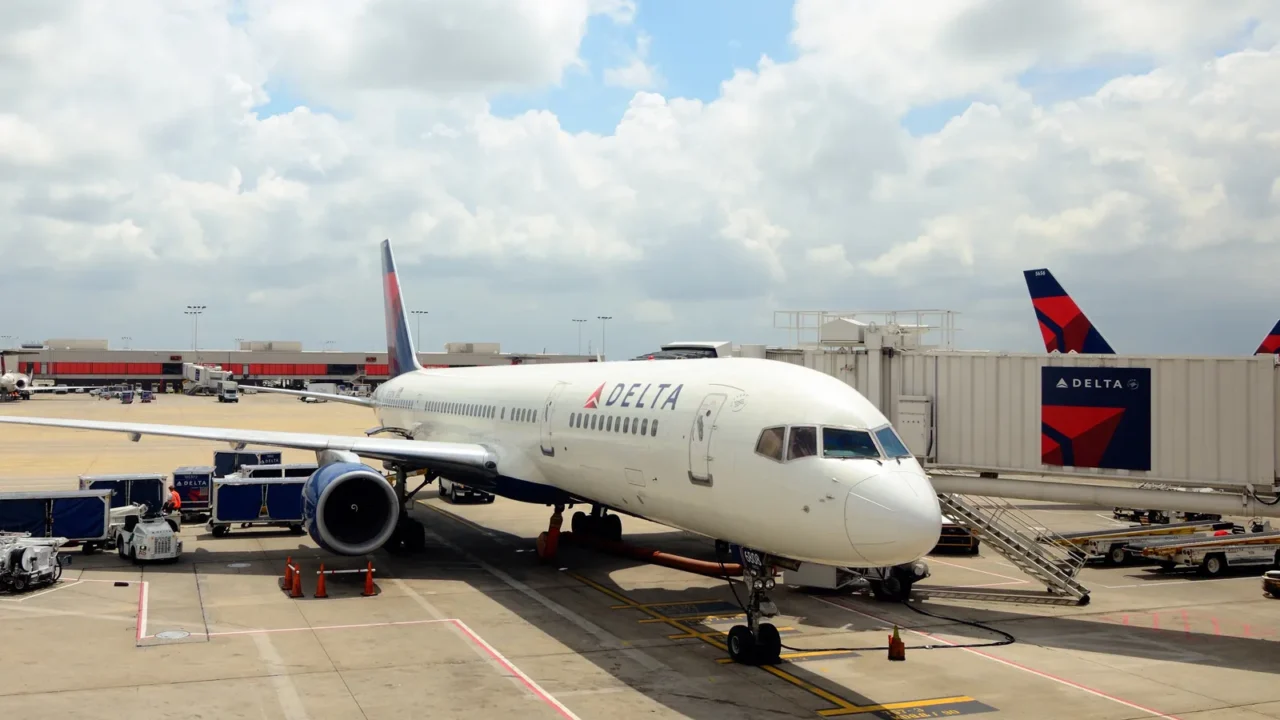
Atlanta’s airport funding crisis
Atlanta’s Hartsfield-Jackson Airport has lost $37.5 million in federal grants. This happened after the city refused to drop its diversity, equity, and inclusion (DEI) programs. These funds were meant for crucial airport upgrades like repaving taxiways and renovating restrooms.
The city’s commitment to DEI goes back to Atlanta’s first Black mayor, Maynard Jackson. His policies promote opportunities for minority and women-owned businesses, which Atlanta is determined to protect.

FAA’s DEI mandate explained
The Federal Aviation Administration (FAA) required cities to certify they don’t operate DEI programs conflicting with federal anti-discrimination laws. Atlanta did not comply with this certification, resulting in a $37.5 million loss in federal funds.
This certification was a condition for receiving federal grants. Atlanta’s refusal highlights the city’s commitment to maintaining its inclusivity policies despite the consequences.

Impact on airport improvements
The lost funds were crucial for upgrading the airport’s infrastructure. The projects included repaving taxiways and renovating restrooms. Both are essential to keeping the airport efficient and improving the passenger experience.
This loss raises concerns about delays in these upgrades. However, the city’s leadership is exploring other ways to secure funding without compromising its DEI policies.

The city’s DEI legacy
Atlanta has long championed diversity, dating back to the leadership of Maynard Jackson. He introduced policies requiring airport contracts to be allocated to minority and women-owned businesses. These policies have supported economic growth and inclusivity in the city.
Atlanta is committed to continuing these policies. The loss of federal funds shows how important these DEI initiatives are to the city’s identity and success.

Other cities fighting back
Atlanta isn’t alone in opposing Trump’s DEI restrictions. Cities like New York, Chicago, and San Francisco have also challenged the FAA’s mandate. They argue it exceeds the president’s powers and infringes on the rights of local governments.
Some cities have filed lawsuits challenging the FAA’s requirements, with a few obtaining temporary injunctions as courts consider the cases. However, Atlanta has not yet been granted such protection, adding pressure on the city to find a solution.

Mayor Dickens’ stance
Mayor Andre Dickens has stated his intent to protect DEI values while exploring solutions to regain federal support.
His approach aims to balance federal mandates with local values. Dickens is committed to preserving Atlanta’s DEI initiatives while finding ways to secure the necessary funding for the airport’s growth.

Looking for alternatives
In light of the financial loss, Atlanta is exploring alternative sources of funding for its airport projects. One option is increasing revenue from the airport’s own operations.
This would reduce the city’s reliance on federal grants. However, it’s unclear if this will be enough to cover all the needed infrastructure projects without delays.

Funding from airport-generated revenue
Despite the loss of federal funds, the airport’s leadership remains optimistic. They stress that federal grants make up less than 10% of the planned $1 billion in improvements.
The majority of the funding will come from the airport’s own revenue. This financial independence allows the airport to continue its development plans without depending heavily on federal assistance.

Why the DEI policies matter
DEI policies are not just about fairness; they also benefit the local economy. Studies show that diversity leads to better business outcomes, including higher innovation and productivity.
Atlanta’s DEI policies have helped empower minority and women-owned businesses. These programs contribute to the city’s thriving economy and inclusive business environment.

The importance of diversity in business
Diversity is more than just a moral issue; it’s a smart business strategy. Companies that embrace diversity often outperform those that don’t.
In industries like airport management, diversity fosters innovation and helps businesses reach broader markets. Atlanta has been a leader in promoting diversity in its business operations, with positive economic results.

The future of airport improvements
Although the loss of federal funds is a setback, Hartsfield-Jackson’s growth plans are not in danger. The airport will continue to move forward with key projects.
Funding from local revenue will cover much of the cost. However, some projects may experience delays due to the reduced funding from federal sources.
Looking ahead, the airport is focusing on enhancing operational efficiency and sustainability, aiming to maintain growth despite funding challenges.

Could other cities face similar losses?
Atlanta’s loss of federal funds may be just the beginning. Other cities with strong DEI policies could also lose grants if they refuse to comply with the FAA’s mandate.
Cities across the country are watching closely to see how Atlanta handles this challenge. The outcome could influence how other local governments respond to federal DEI restrictions. This is sparking a nationwide debate on the future of such policies.

The legal challenges ahead
Cities like New York, Chicago, and San Francisco are challenging the FAA’s DEI funding restrictions in court. They argue the restrictions overstep the president’s authority.
If these cities win, it could set a precedent for Atlanta to recover its lost funds. The legal battles could also clarify whether such mandates can be enforced nationwide. Moreover, this can potentially shape the future of federal involvement in local DEI policies.

What’s at stake for Atlanta?
For Atlanta, the issue goes beyond airport funding. The city’s reputation as a leader in diversity and inclusion is on the line. The decision to stand firm on DEI policies could have long-lasting effects.
It’s a crucial moment in determining how Atlanta will balance federal pressure with local values. The outcome of this conflict may influence how other cities approach similar challenges in the future.
Did you read about Trump’s DOT cuts compensation for flight delays and cancellations, and what it means for you?

Atlanta’s next steps
As the city faces the challenge of losing federal funds, it is looking at ways to secure other funding. Options include seeking private investment or tapping into local resources.
Atlanta is determined to keep progressing. The city’s leadership will continue to explore solutions that align with its commitment to DEI while ensuring the airport’s growth.
Apart from airports, USA airlines are also struggling this year. Check out why Spirit Airlines is canceling service to 11 U.S. airports in 2025.
Should cities like Atlanta stand firm on their DEI policies, even if it means losing federal funding? Drop your thoughts in the comments.
Read More From This Brand:
- Hidden airline fees and how to avoid them
- The $250 U.S. entry fee shocking tourists
- 15 travel blunders that could wreck your trip
Don’t forget to follow us for more exclusive content right here on MSN.
This slideshow was made with AI assistance and human editing.